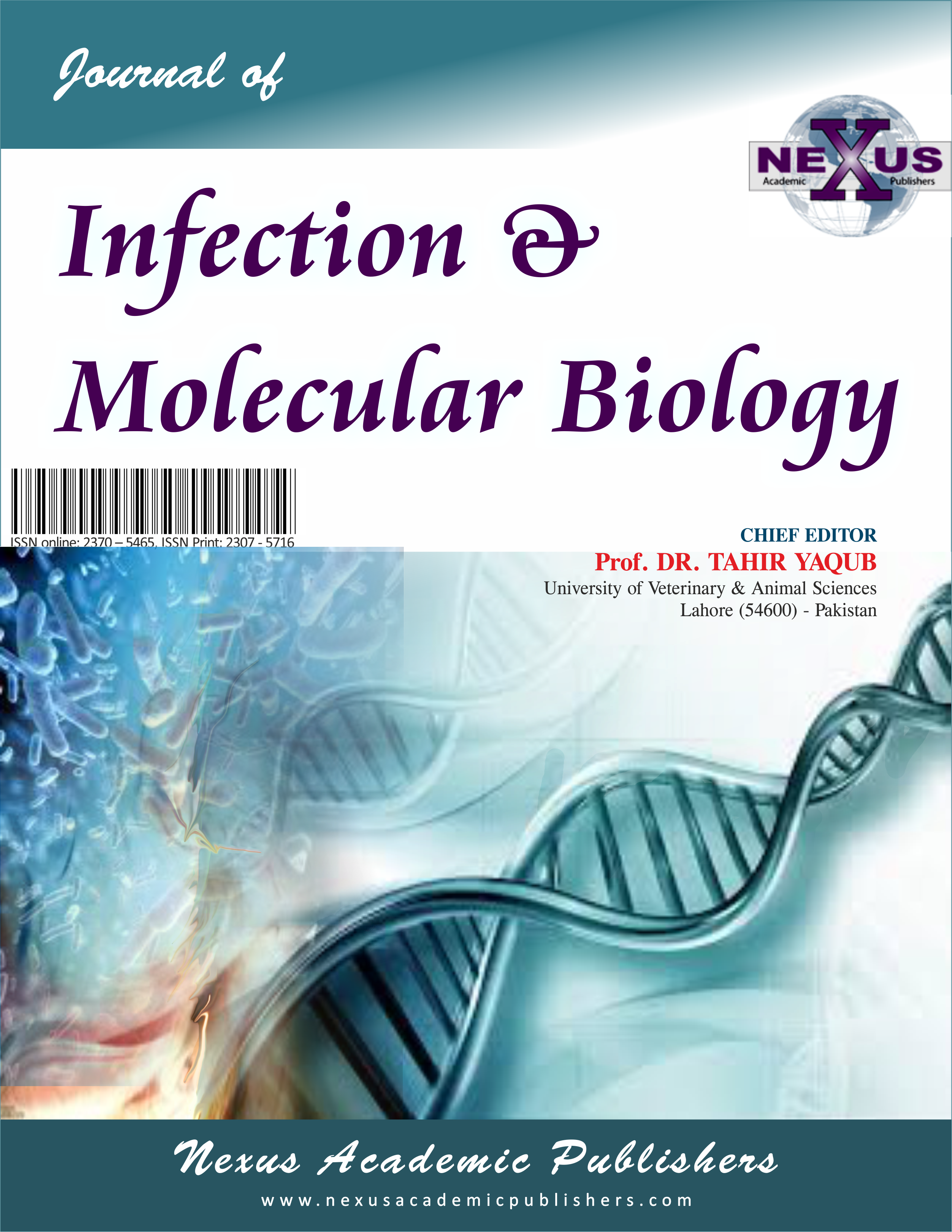Advances in Animal and Veterinary Sciences
Rajaa Hindi Salih1*, Shony Mechail Odisho1, Ahmed Majeed Al-Shammari2, Orooba Mohammed Saeed Ibrahim3
1Department of Microbiology, College of Veterinary Medicine, Baghdad University, Iraq; 2Experimental therapy department Iraqi center for cancer and medical genetic research, Al-Mustansiriyah University; 3Department of Physiology and Pharmacology, College of Veterinary Medicine, Baghdad University, Iraq.Abstract | In this study, we investigated the antiviral activity of Olea europaea (OLE) extracts against Newcastle disease virus (NDV), a highly infectious and economically important poultry virus. For this purpose, viral gene expressions of two structural proteins, matrix (M) and fusion (F) of NDV, were monitoring in chicken fibroblast cells and the impact on virus replication was analyzed using qRT-PCR. Additionally, the virus-restriction activities of IFN-β were analyzed by assessing the expression of viral and host genes. In vitro analysis of the NDV replication revealed that treatment of chicken cells with OLE significantly restricted the NDV replication as was measured by haemagglutination (HA) and titration (TCID50) assays in a pre-optimized OLE-mediated cytotoxicity levels (1000ug/ml). Correspondingly, pretreatment of chicken cells with exogenous IFN-β markedly down-regulated viral gene expression, and this regulation was higher than OLE-mediated virus replication. Furthermore, the impact of OLE on NDV was independent of the IFN-β and was confirmed using ELISA. Taken together, findings of this study propose the utilization of OLE as immunoprophylaxis and exploitation of this function to control the ND in poultry and pet birds.
Keywords | Olea europaea, Antiviral activity, Newcastle disease virus, MTT assay, RT-PCR




